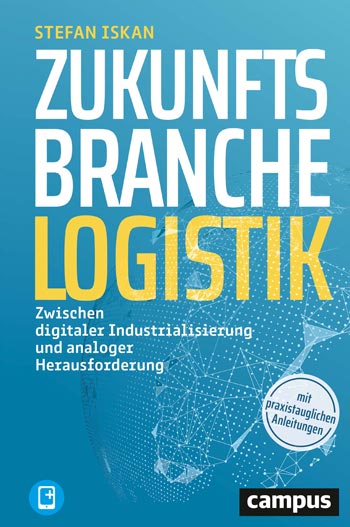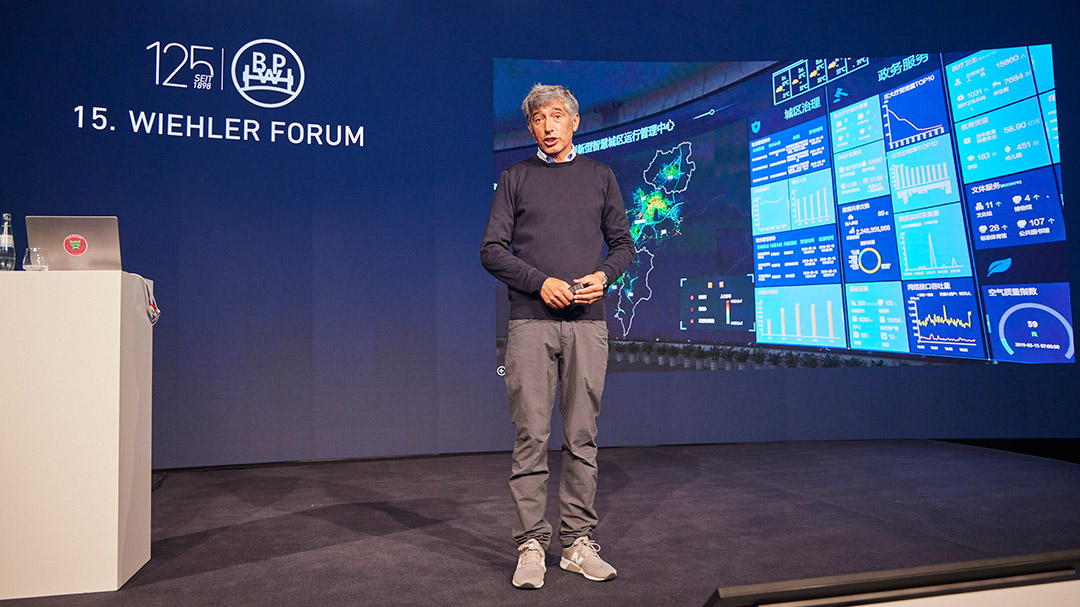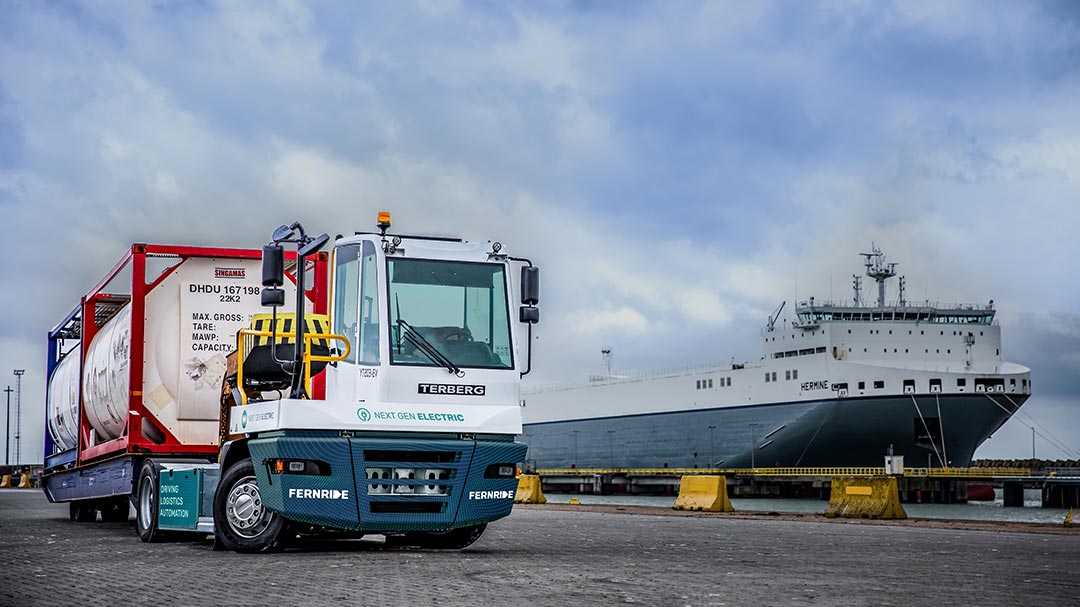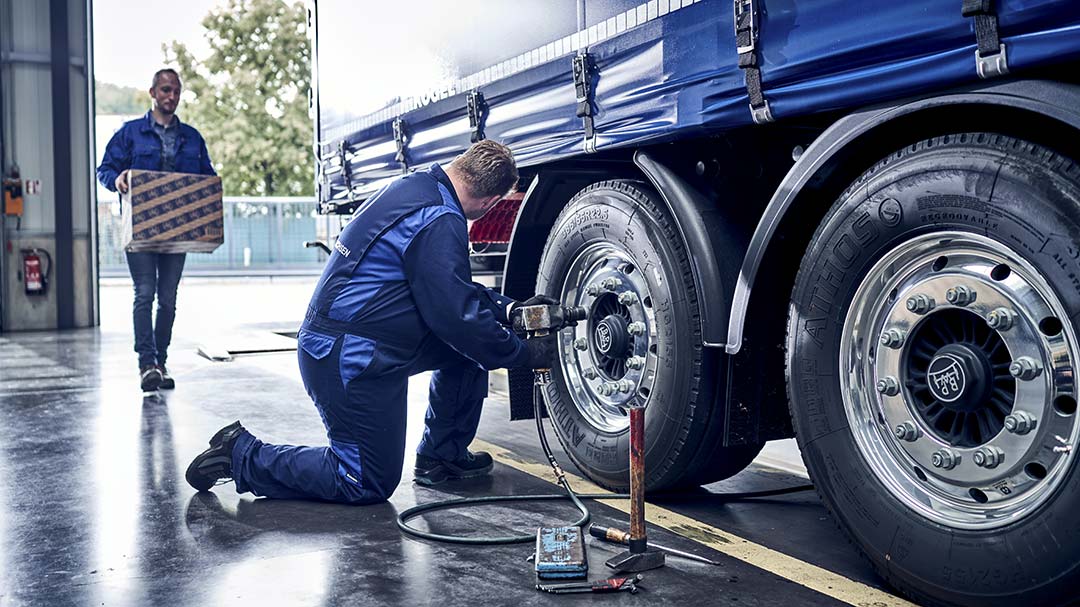Reading time: approx. 4 minutes
Text: Juliane Gringer
Photos: Prof. Dr. Stefan Iskan / supplychainmachine.com, Shutterstock
“The transport and logistics industry is becoming a process supplier for the economy and society,” says Stefan Iskan, professor of logistics and business informatics at the Ludwigshafen University of Applied Sciences and founder of supplychainmachine.com. In an interview, he explains why medium-sized forwarding companies can therefore rely all the more on their own strengths.
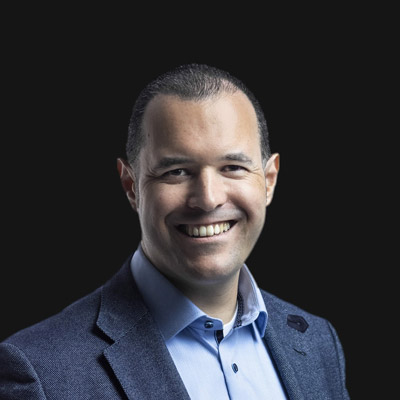
»No other industry than our future-oriented logistics sector can look back on such an incredible transformation performance in Germany. I want to encourage our owner-managed SMEs!«
Prof. Dr Stefan Iskan, Professor at the University of Applied Sciences Ludwigshafen and founder of supplychainmachine
»Owner-managed SMEs are doers – and we need to get back to that.«
Prof. Dr. Stefan Iskan, University of Applied Sciences Ludwigshafen
Stefan Iskan holds the professorship for Logistics and Business Informatics, in particular Automotive SCM and Digitalisation, at the University of Applied Sciences Ludwigshafen. His professional background includes the Deutsche Bahn Group (DB Schenker, DB Cargo), where he most recently reported directly to the Schenker AG Board of Management for Land Transport. He is also the founder of the start-up supplychainmachine.com. He looks back on 17 years of experience in the logistics and automotive industry. In 2021, his book „Zukunftsbranche Logistik: Zwischen digitaler Industrialisierung und analoger Herausforderung“ was published by Campus Verlag.


